Home>Gardening & Outdoor>Landscaping Ideas>Why Does My Puppy Eat Dirt And Grass
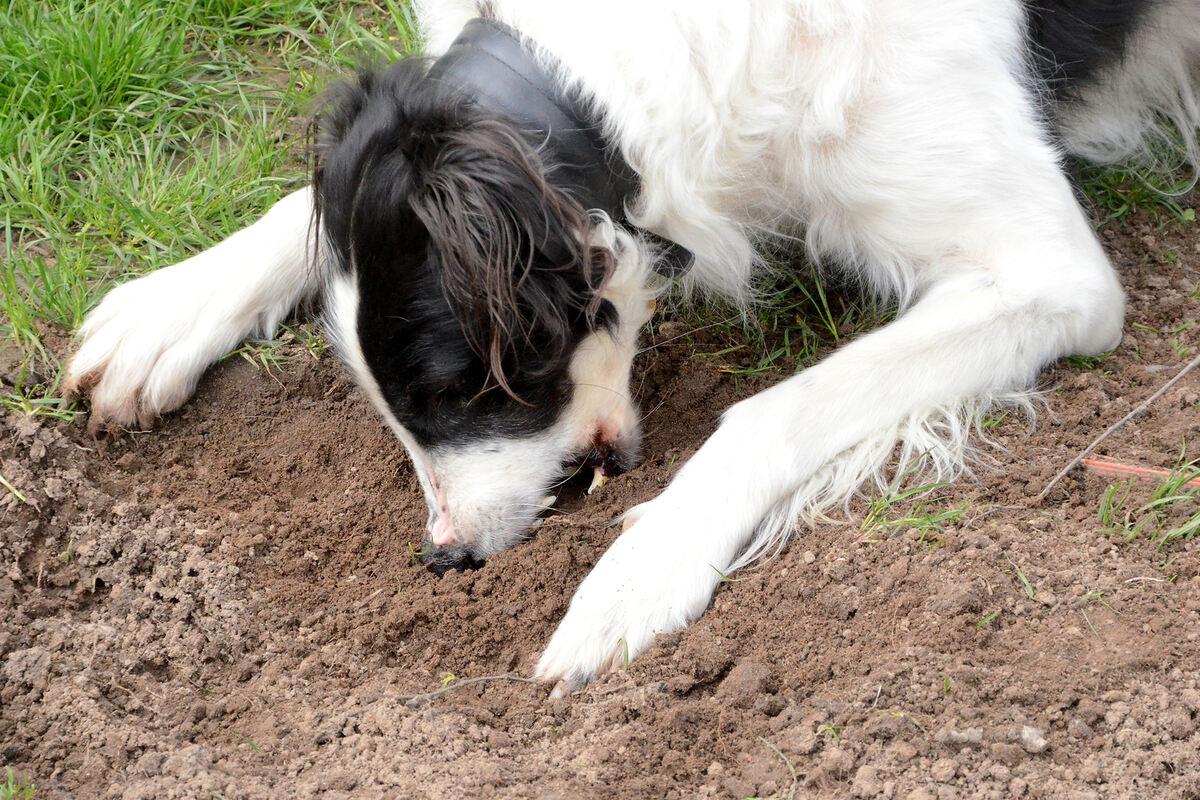

Landscaping Ideas
Why Does My Puppy Eat Dirt And Grass
Modified: August 17, 2024
Discover why your puppy eats dirt and grass and learn landscaping ideas to create a safe and enjoyable outdoor environment for your pet. Explore solutions to prevent unwanted behavior.
(Many of the links in this article redirect to a specific reviewed product. Your purchase of these products through affiliate links helps to generate commission for Storables.com, at no extra cost. Learn more)
**
Introduction
**
Welcoming a new puppy into your home is an exhilarating experience. Their playful antics and boundless energy can bring immense joy to your life. However, as a responsible pet owner, it's natural to be concerned if your puppy exhibits peculiar behaviors, such as eating dirt and grass. While this behavior may initially seem perplexing, there are several reasons why puppies engage in this seemingly odd habit.
Understanding the motivations behind your puppy's dirt and grass consumption is crucial for providing the best care and ensuring their well-being. In this article, we will delve into the various factors that may drive this behavior, address potential health concerns, and explore effective strategies for managing and addressing this common canine inclination. By gaining insights into your puppy's behavior, you can foster a nurturing environment that promotes their overall health and happiness.
Key Takeaways:
- Puppies eat dirt and grass out of curiosity, instinct, and to address stomach discomfort. Understanding their motivations helps pet owners provide the best care and create a nurturing environment.
- To manage this behavior, pet owners can make the outdoor environment safe, ensure a balanced diet, provide engaging activities, and seek guidance from a veterinarian. This fosters a healthy and happy bond with their puppy.
Read more: How To Stop My Puppy From Eating Grass
Understanding the Behavior
Before delving into the potential reasons behind your puppy’s dirt and grass consumption, it’s essential to comprehend the behavioral aspects associated with this activity. Puppies, much like their adult counterparts, explore the world around them through their senses, including taste. Their curious nature often leads them to investigate various textures and flavors, and this exploration can extend to the outdoor environment.
Furthermore, puppies may instinctively seek out specific minerals present in dirt that are lacking in their regular diet. This behavior harkens back to their ancestral roots when canines in the wild would consume soil to supplement their nutritional intake. Additionally, the act of consuming grass may serve as a natural response to alleviate an upset stomach or induce vomiting, providing a form of self-medication when they feel unwell.
It’s important to recognize that a puppy’s inclination to eat dirt and grass is not necessarily indicative of a behavioral issue or a lack of proper care. Instead, it often stems from their innate curiosity, natural instincts, and attempts to address physical discomfort. By acknowledging these underlying motivations, pet owners can approach this behavior with empathy and understanding, laying the groundwork for effective management and support.
Potential Reasons for Eating Dirt and Grass
There are several potential reasons why puppies exhibit a penchant for consuming dirt and grass, each stemming from distinct motivations and instincts. Understanding these underlying factors is pivotal in addressing and managing this behavior effectively.
- Exploratory Behavior: Puppies are naturally inquisitive, using their senses to explore the world around them. This curiosity may lead them to taste various objects, including dirt and grass, as they familiarize themselves with their environment.
- Nutritional Deficiencies: In some instances, puppies may seek out specific minerals or nutrients that are lacking in their regular diet. Consuming dirt can be a manifestation of this instinctual drive to supplement their nutritional intake, especially if their diet is deficient in essential elements.
- Instinctual Behavior: Canines, rooted in their ancestral heritage, may inherit the instinct to consume soil as a means of obtaining essential minerals and aiding digestion. This behavior traces back to their wild counterparts’ practices and can manifest in domesticated puppies as well.
- Upset Stomach Relief: When experiencing digestive discomfort, puppies may instinctively consume grass to induce vomiting or alleviate their discomfort. This behavior is thought to be a form of self-medication, allowing them to address their physical unease.
- Environmental Factors: Environmental stimuli, such as changes in weather, soil composition, or exposure to pesticides, can influence a puppy’s inclination to consume dirt and grass. These external factors may pique their interest or prompt them to seek out alternative sources of sustenance.
By recognizing these potential reasons, pet owners can gain valuable insights into their puppy’s behavior and take proactive measures to address their needs effectively. Whether it involves dietary adjustments, environmental modifications, or behavioral guidance, understanding these motivations is instrumental in providing comprehensive care for your furry companion.
Puppies may eat dirt and grass due to nutritional deficiencies, boredom, or to aid digestion. Ensure they have a balanced diet and provide plenty of mental and physical stimulation to reduce this behavior.
Health Concerns
While the act of eating dirt and grass is a common behavior among puppies, it is essential to be mindful of potential health concerns associated with this activity. Understanding the implications and risks enables pet owners to safeguard their puppy’s well-being and take appropriate measures to mitigate any adverse effects.
One primary concern is the potential ingestion of harmful substances or toxins present in the soil or grass. Puppies, in their exploratory nature, may inadvertently consume pesticides, fertilizers, or other chemicals used in outdoor environments, posing a risk to their health. Additionally, certain plants and grasses may be toxic to dogs, leading to adverse reactions if ingested. Vigilance in monitoring your puppy’s surroundings and limiting their access to potentially hazardous areas is crucial in preventing such incidents.
Moreover, the ingestion of dirt can introduce parasites or harmful bacteria into a puppy’s system, potentially leading to gastrointestinal issues or infections. It is imperative to maintain regular veterinary check-ups and adhere to deworming and vaccination schedules to mitigate these risks effectively.
Continual consumption of dirt and grass may also result in gastrointestinal irritation or blockages, posing a threat to your puppy’s digestive health. This can manifest as vomiting, diarrhea, or discomfort, necessitating prompt veterinary attention to address any potential complications arising from this behavior.
Furthermore, excessive consumption of grass, particularly if it is treated with chemicals or pesticides, can lead to adverse reactions and pose a risk to your puppy’s well-being. Understanding the potential health concerns associated with this behavior empowers pet owners to implement preventive measures and seek professional guidance to ensure their puppy’s optimal health and safety.
By remaining vigilant, promoting a safe and enriching environment, and prioritizing your puppy’s health, you can effectively address potential health concerns associated with their dirt and grass consumption, fostering a thriving and resilient companion.
How to Address the Behavior
Effectively addressing and managing your puppy’s inclination to eat dirt and grass involves a multifaceted approach that encompasses environmental adjustments, dietary considerations, and behavioral guidance. By implementing these strategies, pet owners can support their puppy’s well-being and discourage this behavior in a positive and nurturing manner.
Environmental Modifications: Creating a safe and stimulating outdoor environment is paramount in mitigating your puppy’s access to potentially harmful substances. Implementing secure fencing, removing toxic plants, and limiting their exposure to chemically treated areas can significantly reduce the risk of ingestion of harmful substances and promote a safe outdoor space for exploration.
Dietary Evaluation: Assessing your puppy’s diet in consultation with a veterinarian is crucial in addressing potential nutritional deficiencies that may drive their inclination to consume dirt. Ensuring a balanced and nutrient-rich diet tailored to your puppy’s specific needs can mitigate their instinctual drive to seek out additional minerals through unconventional sources.
Behavioral Guidance: Employing positive reinforcement and redirection techniques can help deter your puppy from engaging in this behavior. Providing engaging toys, interactive play, and ample physical and mental stimulation can redirect their focus and energy away from consuming dirt and grass, fostering more constructive and fulfilling activities.
Supervision and Training: Maintaining vigilant supervision during outdoor activities allows pet owners to intervene and redirect their puppy’s attention if they display an inclination to consume dirt or grass. Consistent training and positive reinforcement for desired behaviors further reinforce alternative activities and discourage the unwanted behavior effectively.
Consultation with a Veterinarian: Seeking professional guidance from a veterinarian is pivotal in addressing this behavior, particularly if it persists despite environmental and behavioral interventions. A thorough evaluation can help identify any underlying health concerns, nutritional imbalances, or gastrointestinal issues that may contribute to this behavior, enabling tailored interventions for your puppy’s specific needs.
By integrating these strategies into your care routine, you can proactively address and manage your puppy’s inclination to eat dirt and grass, fostering a safe, enriching, and supportive environment that promotes their overall well-being and contentment.
Read more: Why Do People Eat Grass
Conclusion
Understanding and addressing your puppy’s inclination to eat dirt and grass is an integral aspect of responsible pet ownership. By delving into the underlying motivations, potential health concerns, and effective strategies for managing this behavior, pet owners can cultivate a nurturing environment that promotes their puppy’s well-being and happiness.
Recognizing that this behavior often stems from natural instincts, curiosity, and attempts to address physical discomfort allows pet owners to approach this behavior with empathy and understanding. By acknowledging these underlying motivations, pet owners can implement proactive measures to address their puppy’s needs effectively.
Furthermore, prioritizing environmental modifications, dietary considerations, and behavioral guidance empowers pet owners to create a safe, enriching, and supportive environment for their puppy. Through vigilant supervision, positive reinforcement, and consultation with a veterinarian, pet owners can proactively address this behavior and ensure their puppy’s optimal health and safety.
Ultimately, by integrating these strategies into their care routine, pet owners can foster a harmonious and fulfilling bond with their puppy, laying the foundation for a lifetime of companionship and shared adventures. Embracing their puppy’s unique behaviors and needs with patience and compassion enriches the human-pet relationship, creating a nurturing and fulfilling environment for both the puppy and their devoted caretakers.
With a comprehensive understanding of their puppy’s behavior and needs, pet owners can embark on a journey filled with joy, companionship, and the shared delight of witnessing their puppy thrive in a supportive and loving home.
Frequently Asked Questions about Why Does My Puppy Eat Dirt And Grass
Was this page helpful?
At Storables.com, we guarantee accurate and reliable information. Our content, validated by Expert Board Contributors, is crafted following stringent Editorial Policies. We're committed to providing you with well-researched, expert-backed insights for all your informational needs.
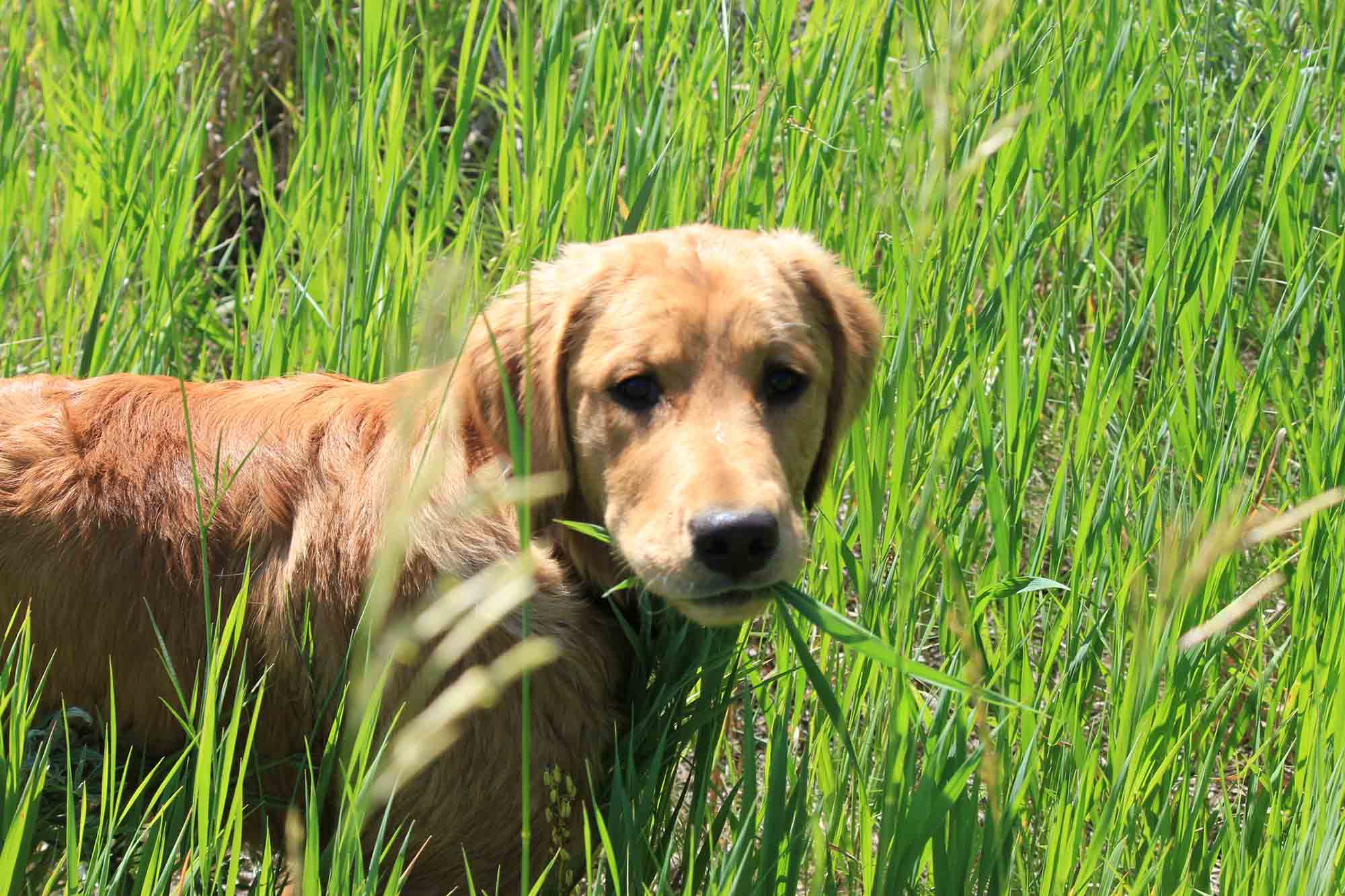
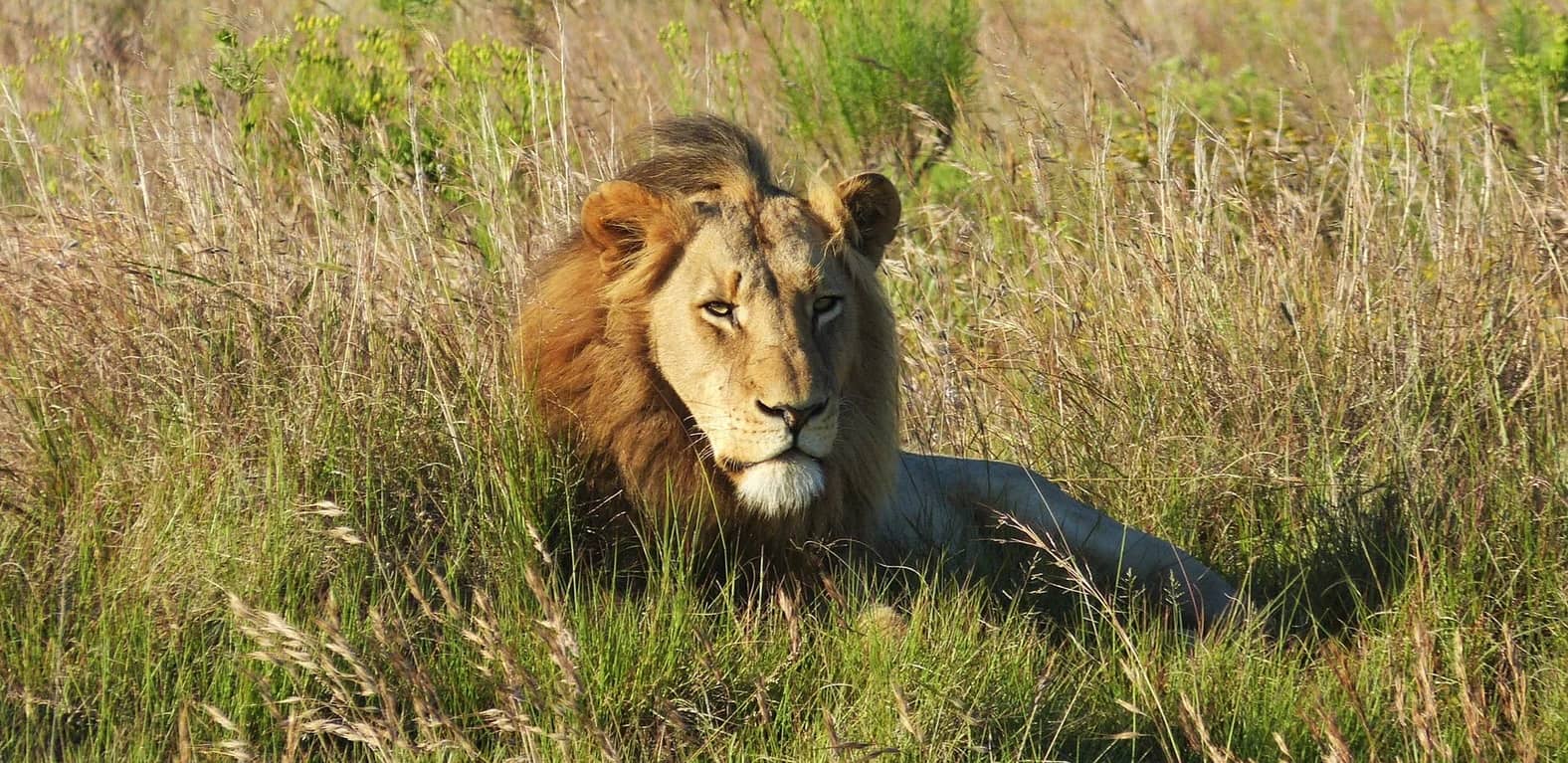
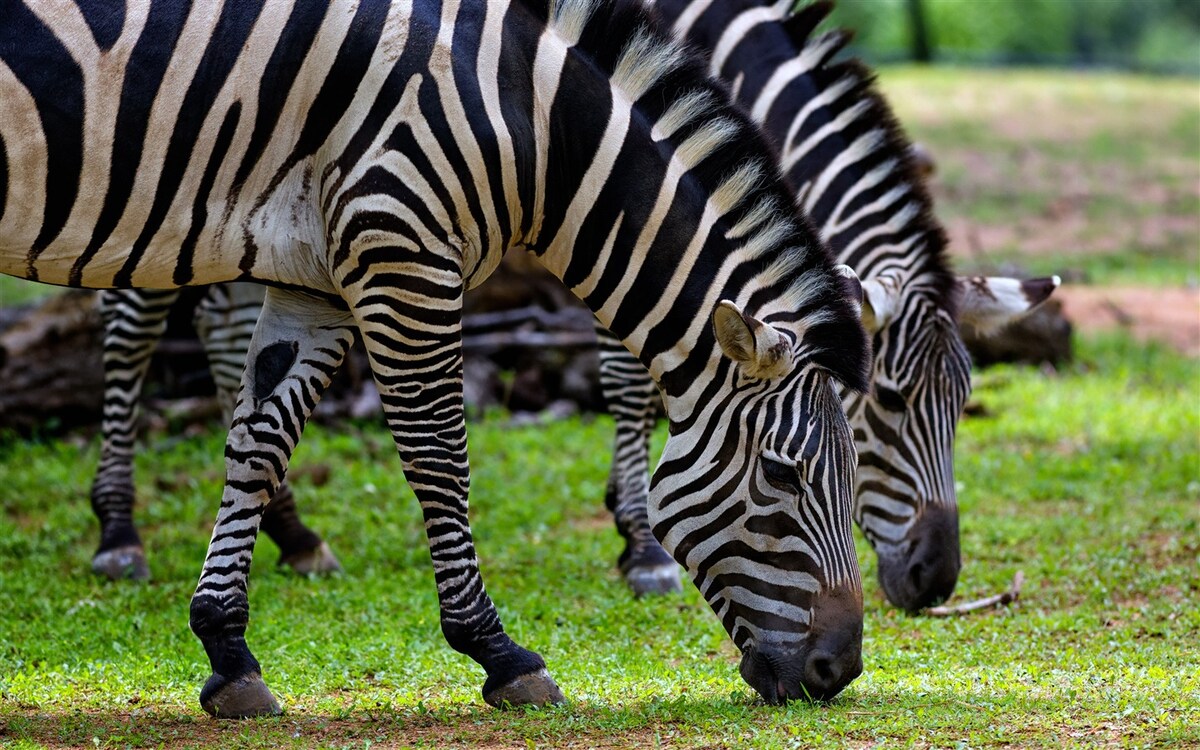
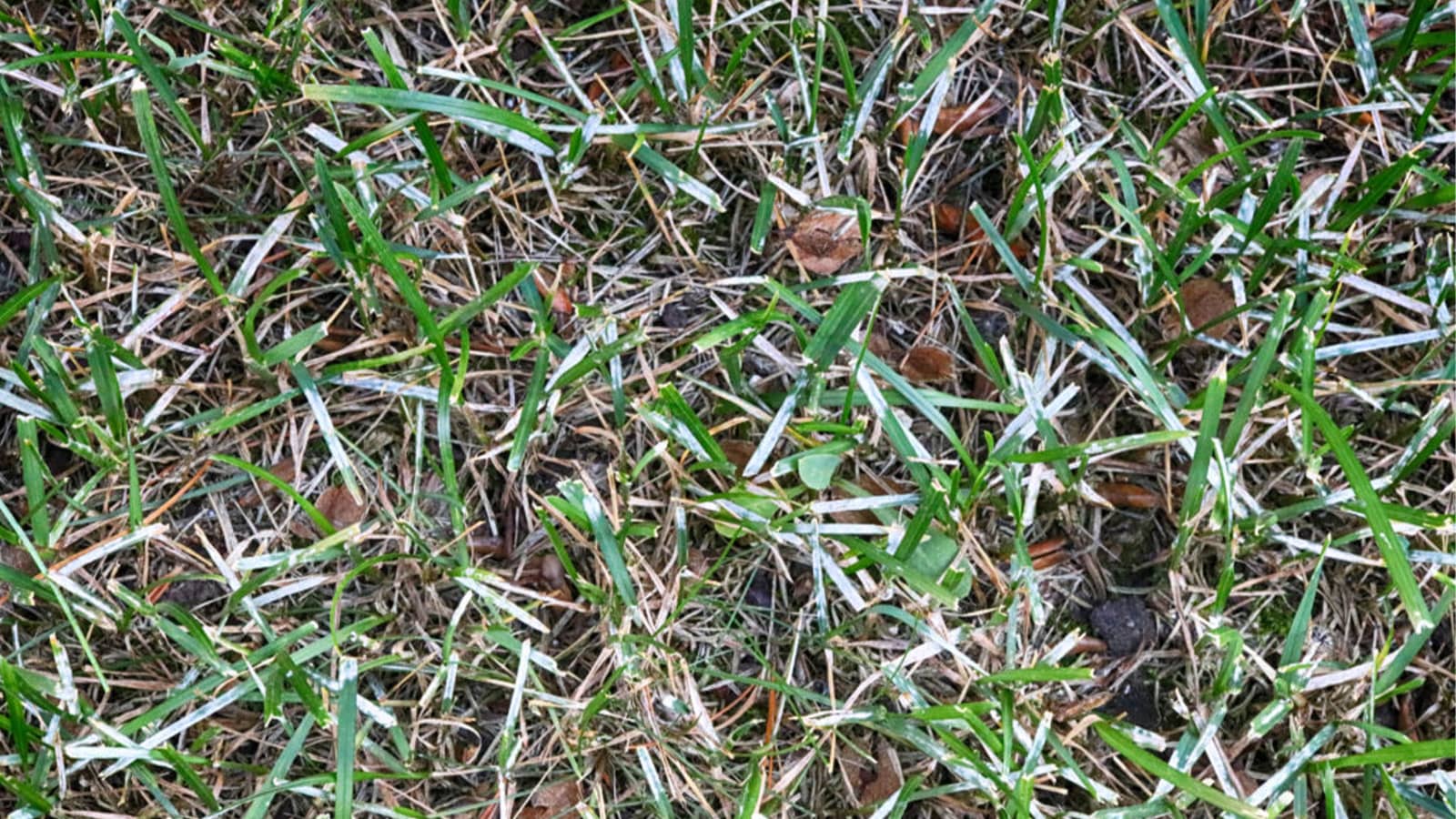
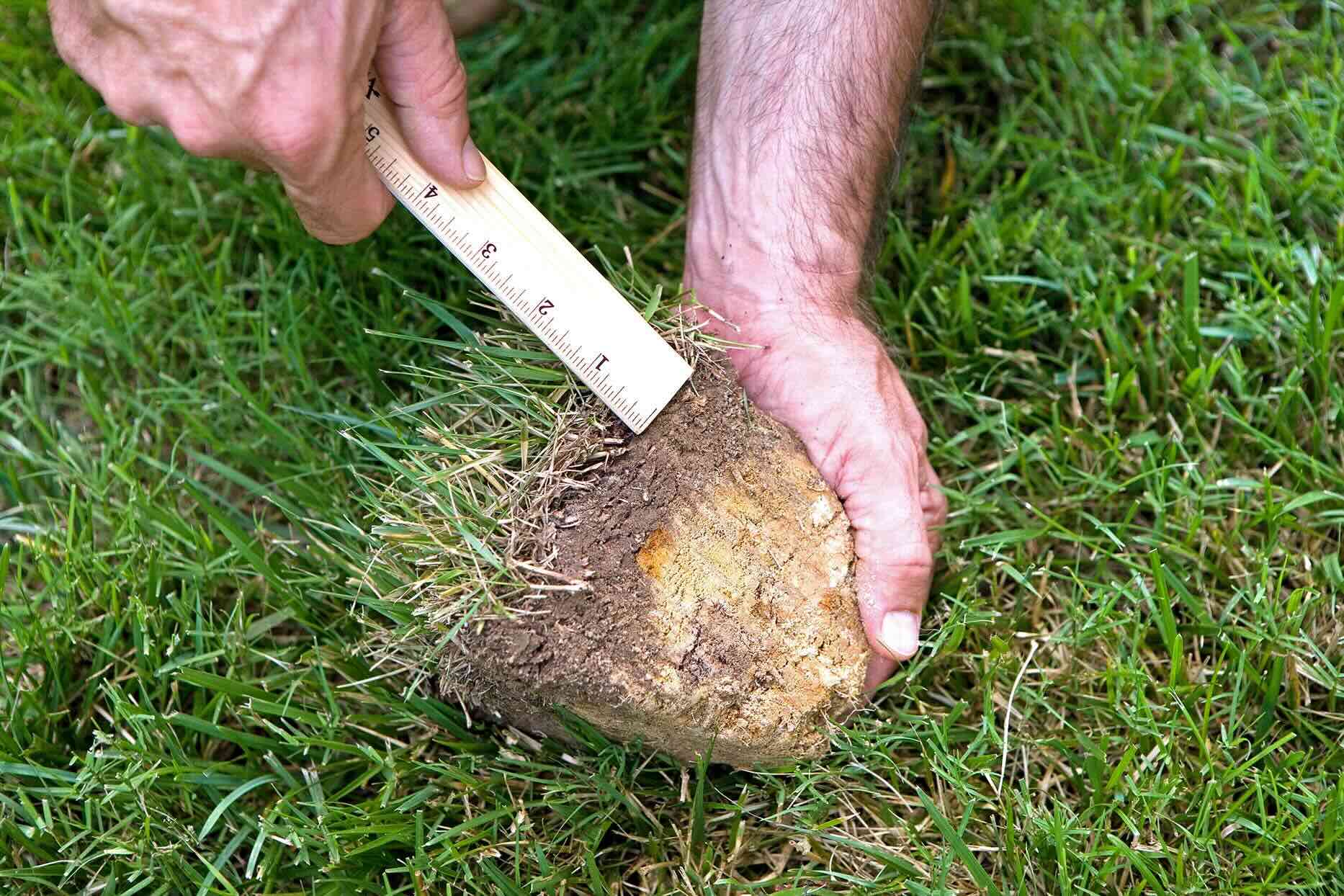
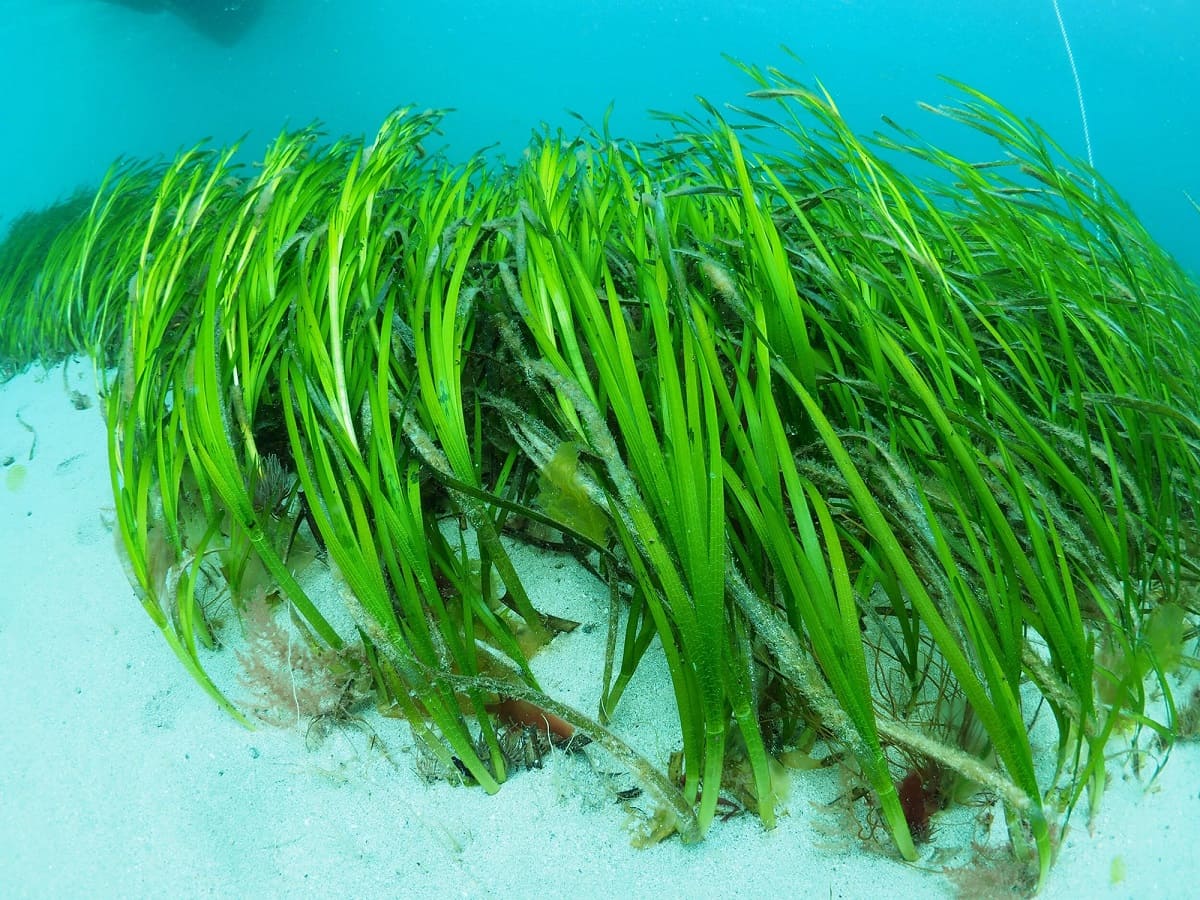
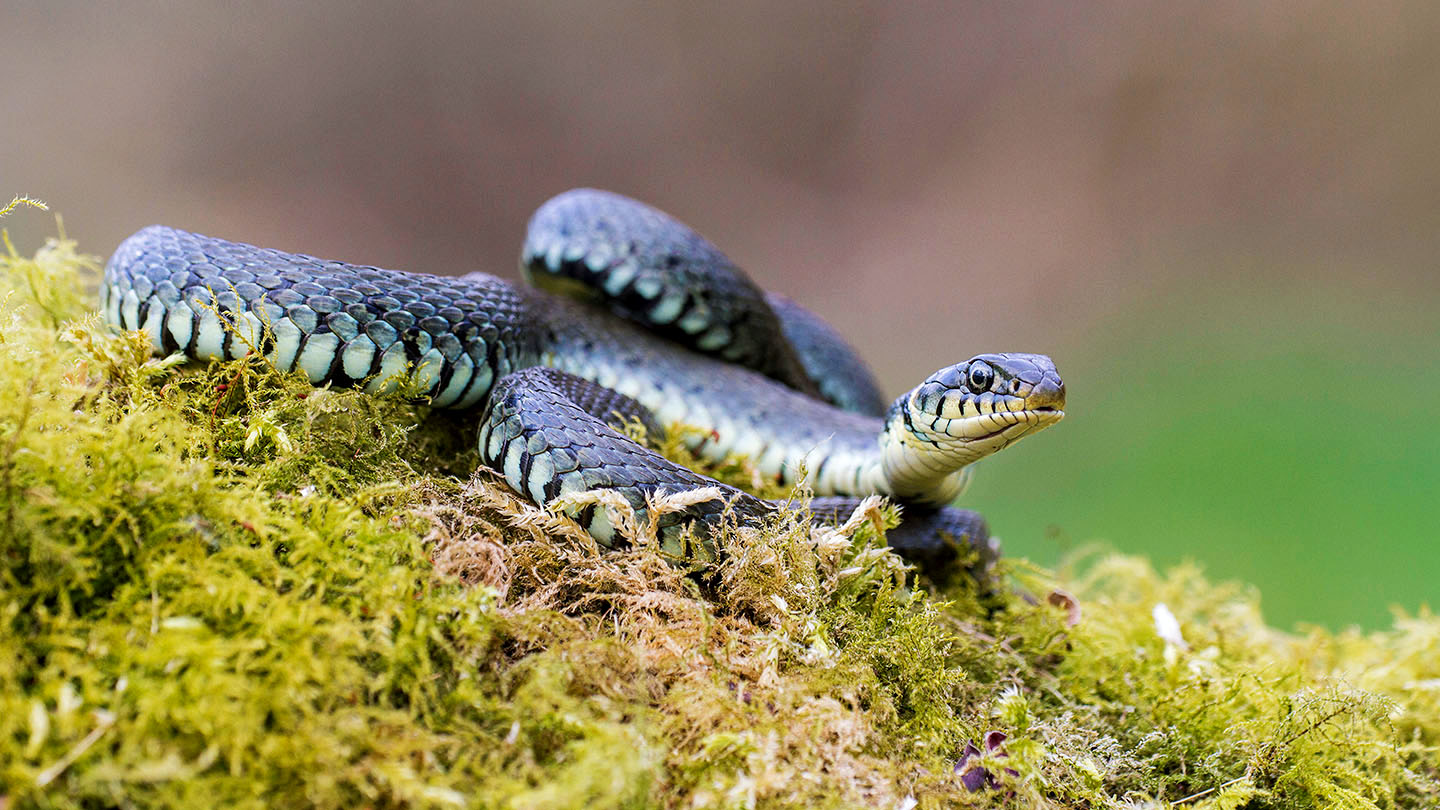
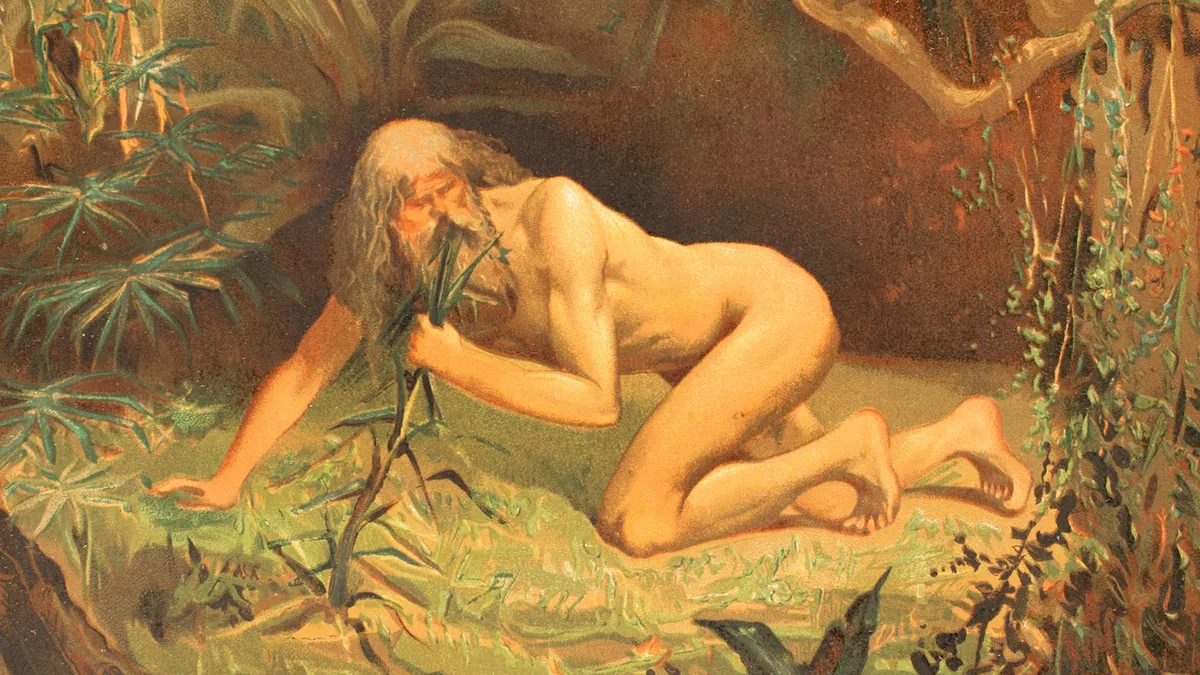
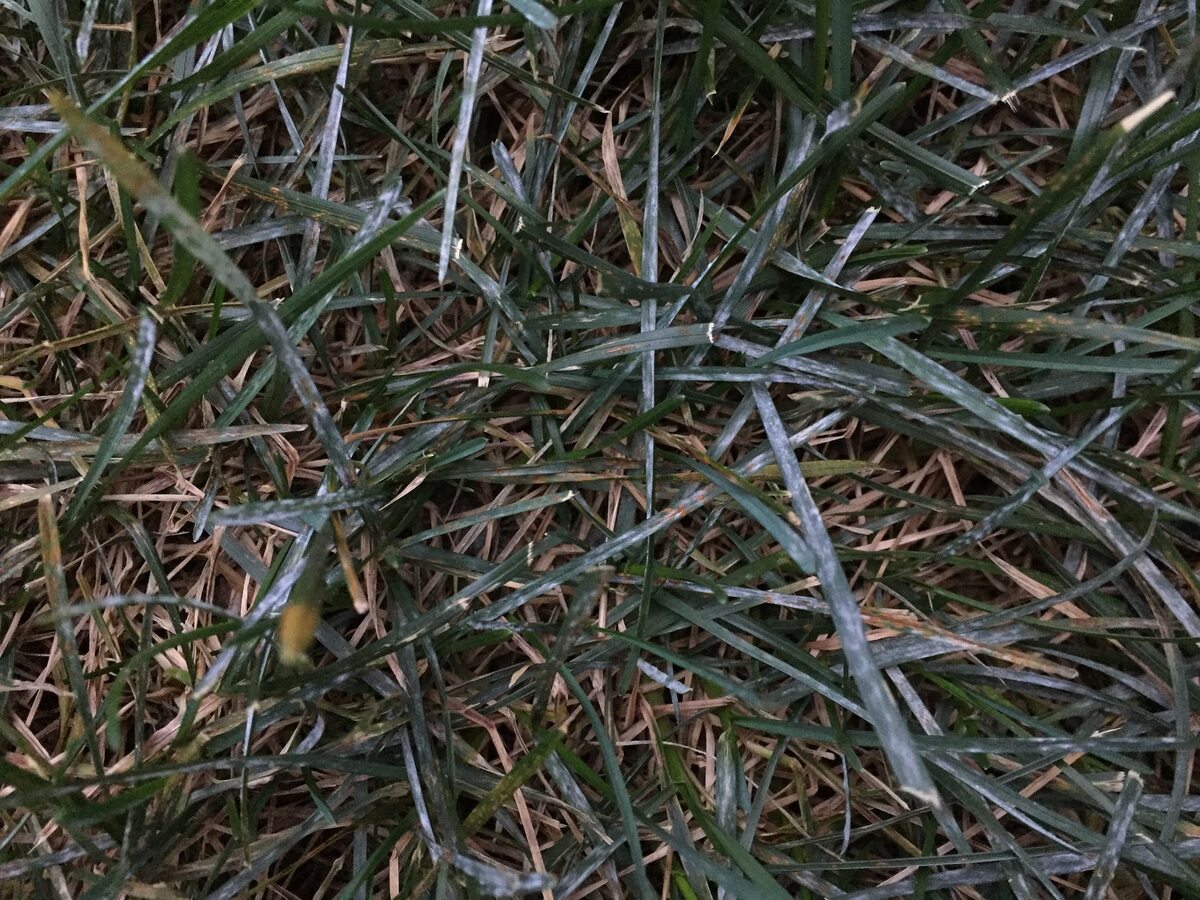
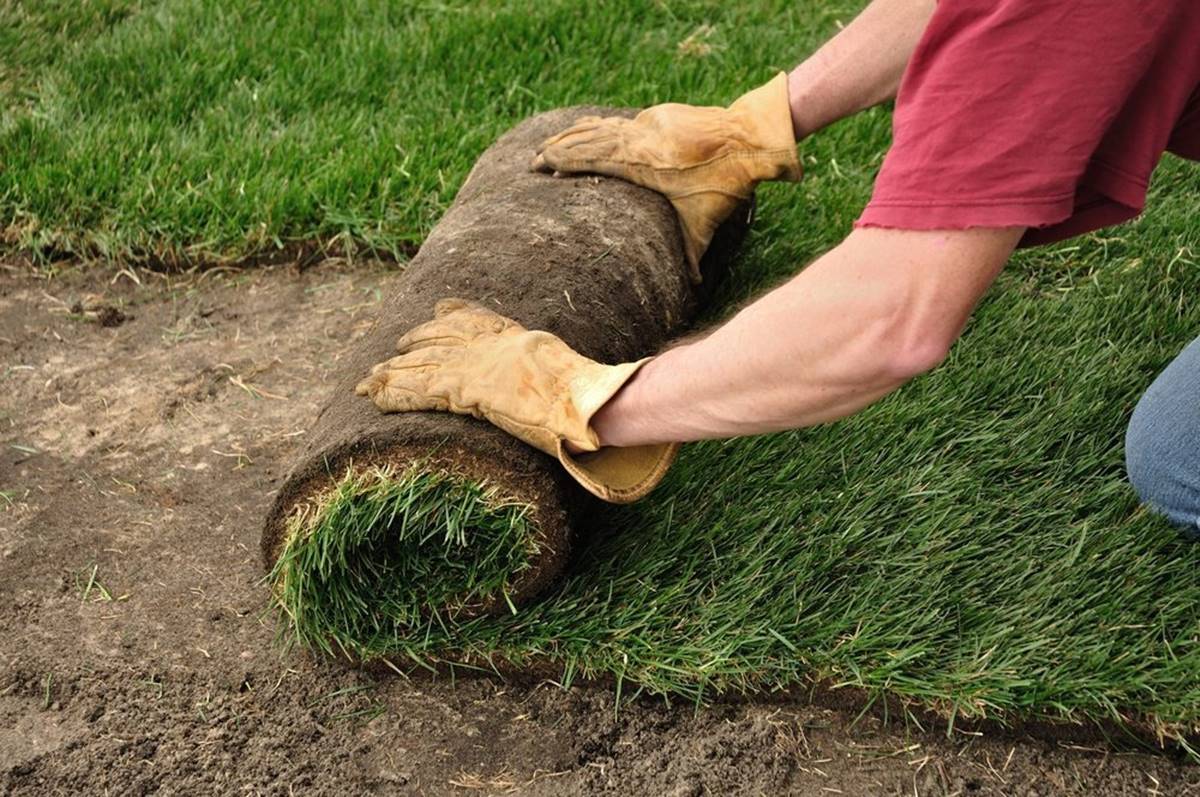
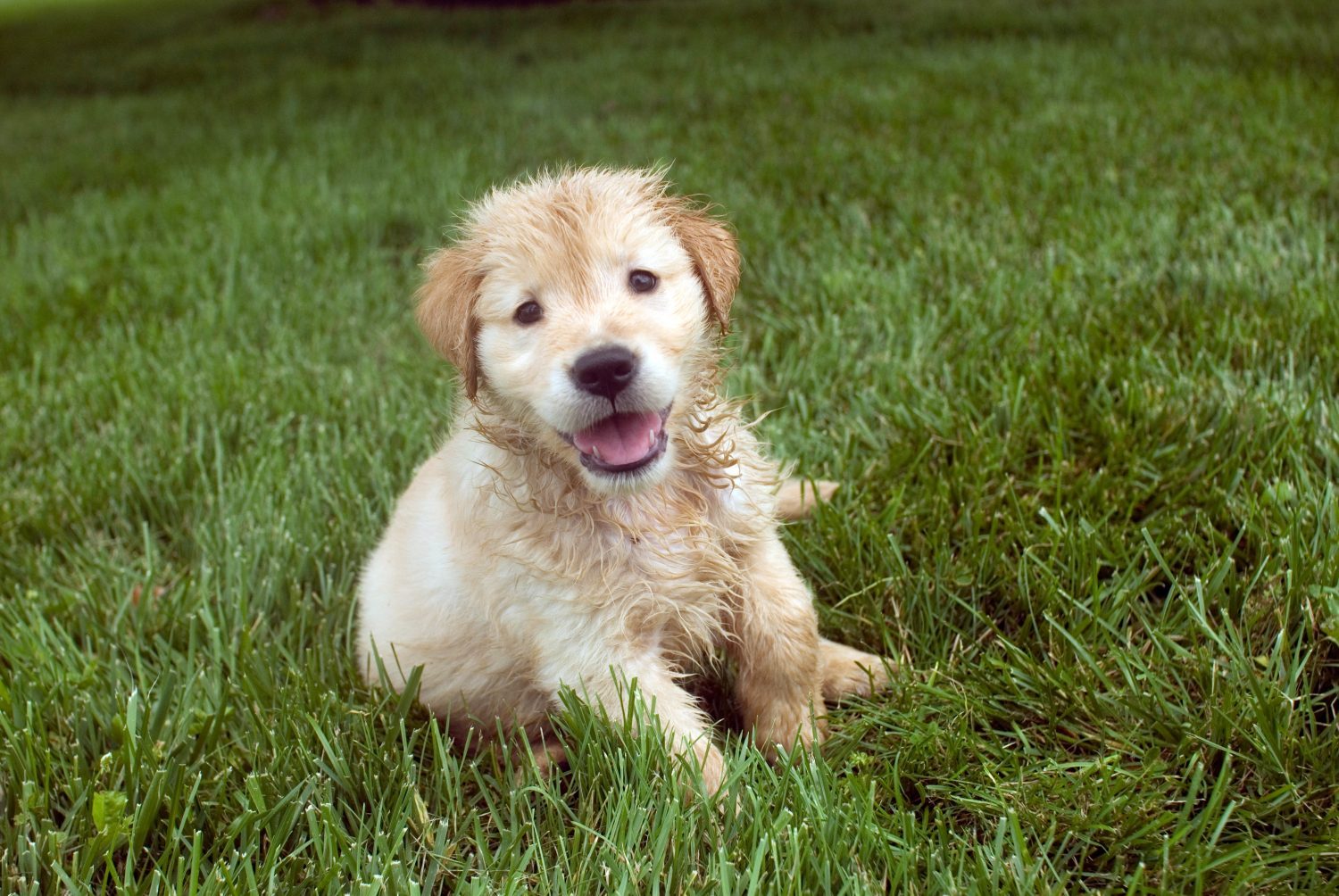
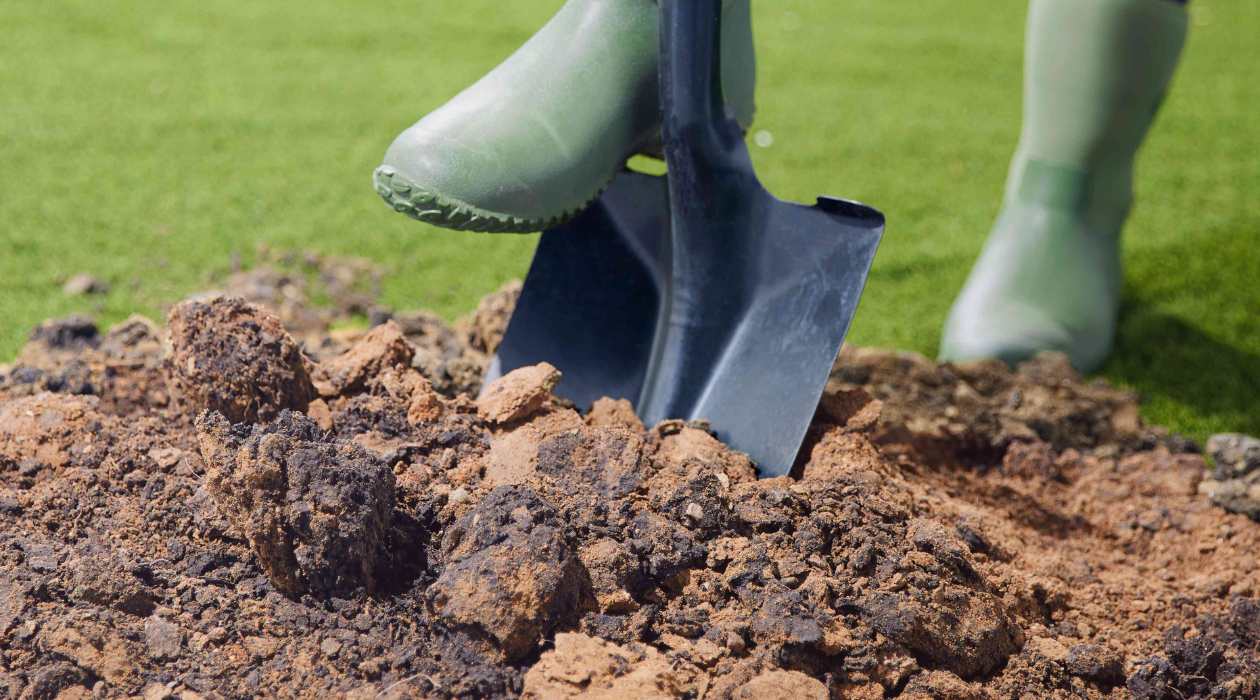
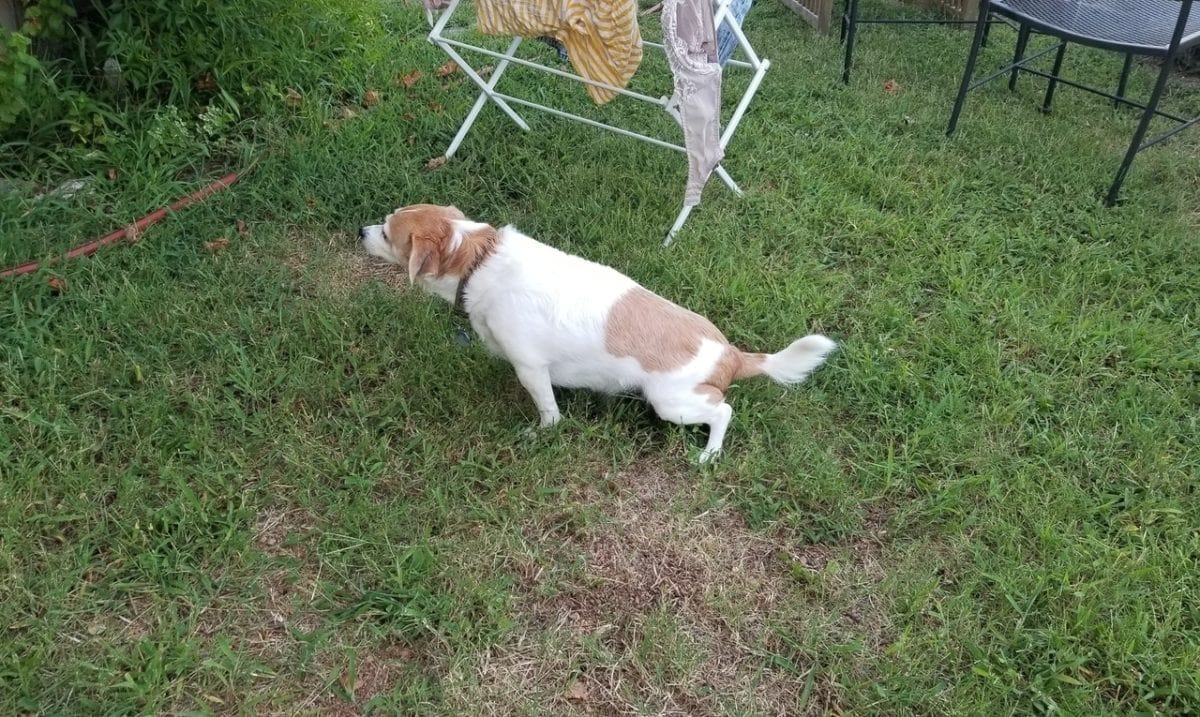


0 thoughts on “Why Does My Puppy Eat Dirt And Grass”